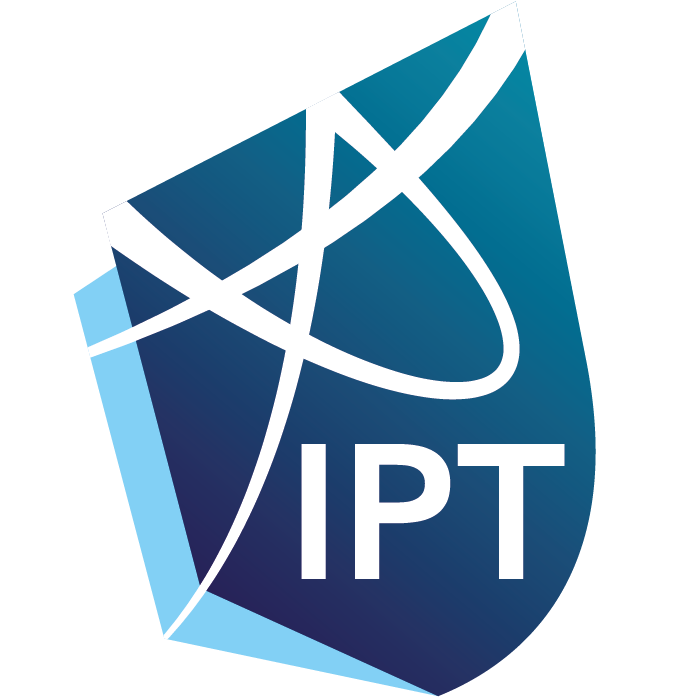How to start as a team leader
The IPT is a year-round effort, with important events such as the national and international preselection stages, before the main event. Missing one of those events can lead to your team being unable to join. The exact dates vary each year, and are announced gradually through the year with regards to both participants and hosting institutions, so check the calendar page and social media to be sure to be up to date with the date!
Get in touch with the student community. Advertise the event in your local academic community, talk to the local physics society, department head, coordinator, or other physicists students association. Let them know about the event and motivate them to gather a team.
Remember there can be up to two team leaders, partner up with another Ph.D. student or faculty. Partnering up with a faculty or senior Ph.D. student could be beneficial since they might know more about how to get funds from your institution or other sources.
Motivate students, make a brief presentation showing promotional materials: short videos of a physics fight, the problem list, pictures of the country when the event is happening. Tell students is a great way to meet other people (scientists) around the world, they are building up their CV with this activity, and to engage on how to do research at master/Ph.D. level.
Guide students in their work, if it is too much of a burden, refer them to other faculty that may have the time to help them to develop their: literature search, experiments, theories.
You will have to get funds for registration, travelling, and experiments. Ask in your local institution, equipment could be available. For funds, talk to your local department or if you are working with their physics society check their funds, also you could start a crowdfunding (some institutions have internal ways on how to do this). The more you spread the word the more likely you will get the funds, remember you are not representing just a university but a whole country.
Keep contact with the local representative and the IPT execom team. Never hesitate to ask questions.
How to start as a national representative
To be formally recognised, approach the IPT execom via execom@iptnet.info or in person at the IPT event to express your interest to be a national representative. Usually, the most natural way to become a national representative is to be a team leader in a certain country. Alternatively, one can move to another country for education or a job and be willing to spread the IPT spirit in a new place.
Get in touch with the local physics society - in the university, or country-wide. They are a valuable source of contacts, they have a student audience and they often can provide funding.
Get in touch with student communities. You may try giving them a talk about the IPT, why it is fun and how to get started. Alternatively, you may participate in freshers’ days and open days.
Set up a contact point - it can be an email, webpage or a facebook group. By default you will be given countryname@iptnet.info email, ensure that you check it regularly and that the execom has your up-to-date contact details.
Get in touch with the dean’s office. It helps getting approvals for student trips and funding.
Don’t hesitate to run a national selection as a tournament - it helps a lot with engagement, jurors and students like live debate more than grading reports. We have the organisation pack available, with grades and scoring sheets.
You may find it useful to use promotional materials and adapt them for your needs.
Cases of success
Here we present some successful cases of the IPT across different nations, as a result of the connections between a wider IPT community, help from local authorities and physics teachers and professionals.
France
In France, the IPT is an integral part of the curriculum of many universities that require a research component for the completion of bachelor degrees. Therefore, students take on IPT problems as research projects for their bachelors and master-level classes, and get credit and recognition for it. As a result of these actions, France is heavily invested in the IPT and has one of the biggest national selections every year, with approximately 12 universities.
Switzerland
In Switzerland, students can also work on IPT problems as part of their degrees, in the form of laboratory projects of different courses, thus getting credit and recognition for their work.
Brazil
In Brazil, the IPT has spread across different states and reaches new universities every year. Social media campaigns and general contact of the representatives with different universities guaranteed the growth of the Brazilian Physicists’ Tournament. A common strategy is also to invite professors from different universities to judge the national selection– thus spreading the word about the tournament. Today, the IPT is also a part of the curriculum of approximately 4 Brazilian Universities, in the form of a laboratory class for bachelor’s and master’s students. Students get credit and recognition for their efforts in the competition.
Canada
In Canada, the strategy was to formalise the IPT as a proper club within the Science Undergraduate Society of McGill University, which guaranteed funding and other perks for the participation of students in the competition. Contacting professors of the different laboratory courses in the department also guaranteed that the IPT problems were also somehow integrated to the curriculum, as final projects. Research-focused courses, such as the Undergrad Research Project, can also entail IPT problems.
USA
In the USA, the IPT team is part of the SPS (society of physics students) of Oklahoma State University, mainly conformed by undergraduate students, but also some PhD students coursing no more than their first 2 years, which is equivalent to be a master student in the US. IPT problems have served as projects of some student’s class since computational and experimental techniques can be applied to solve them.
